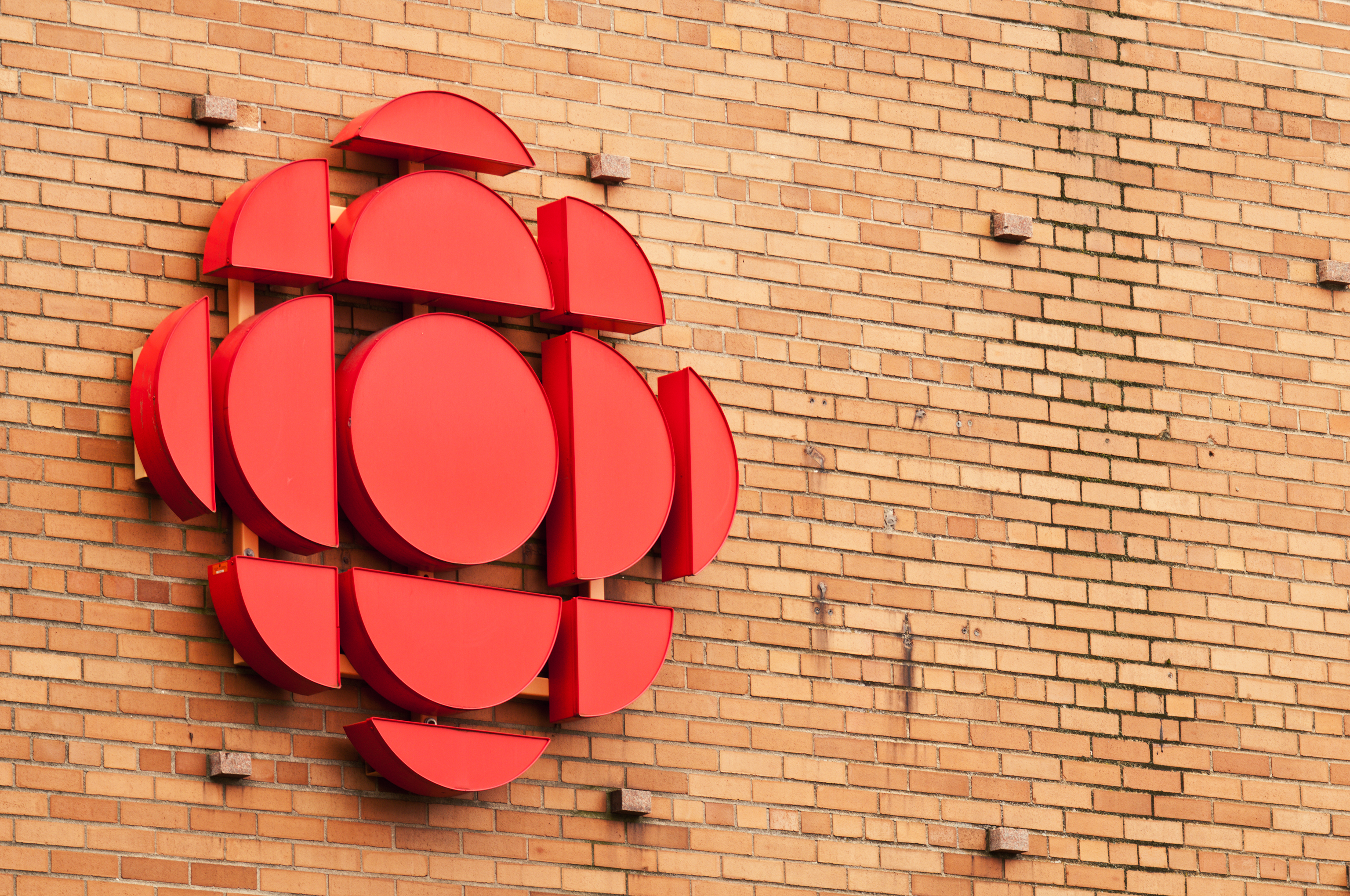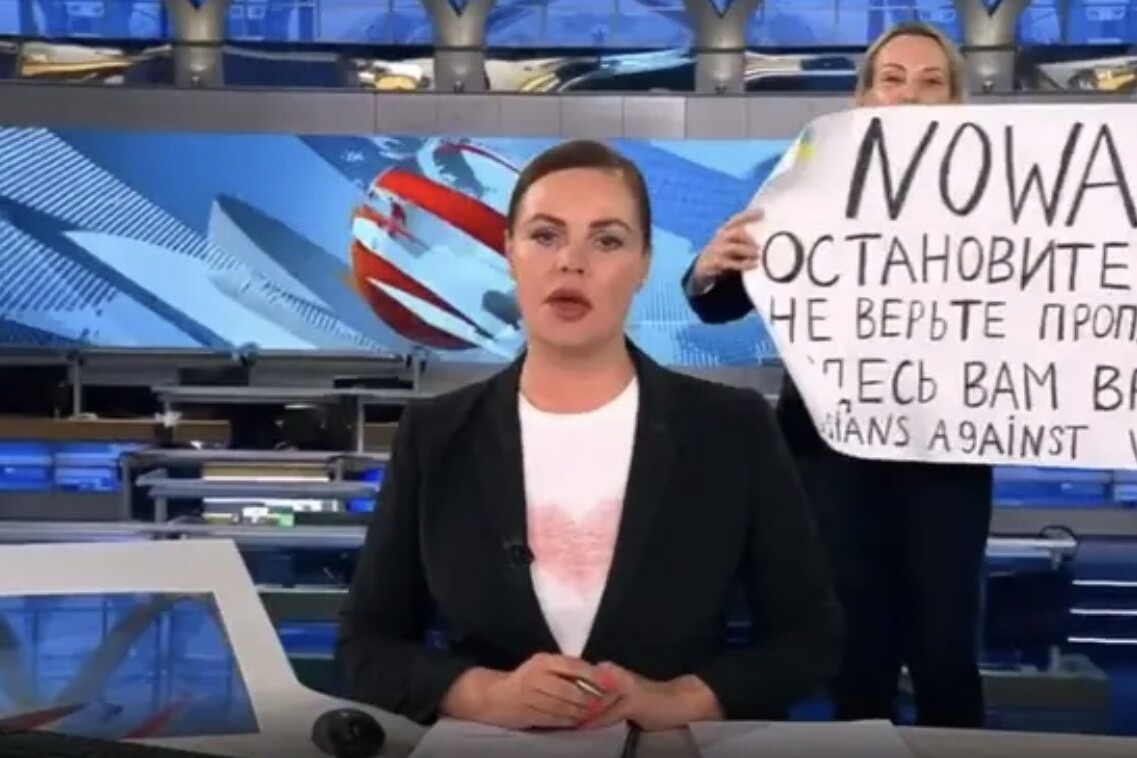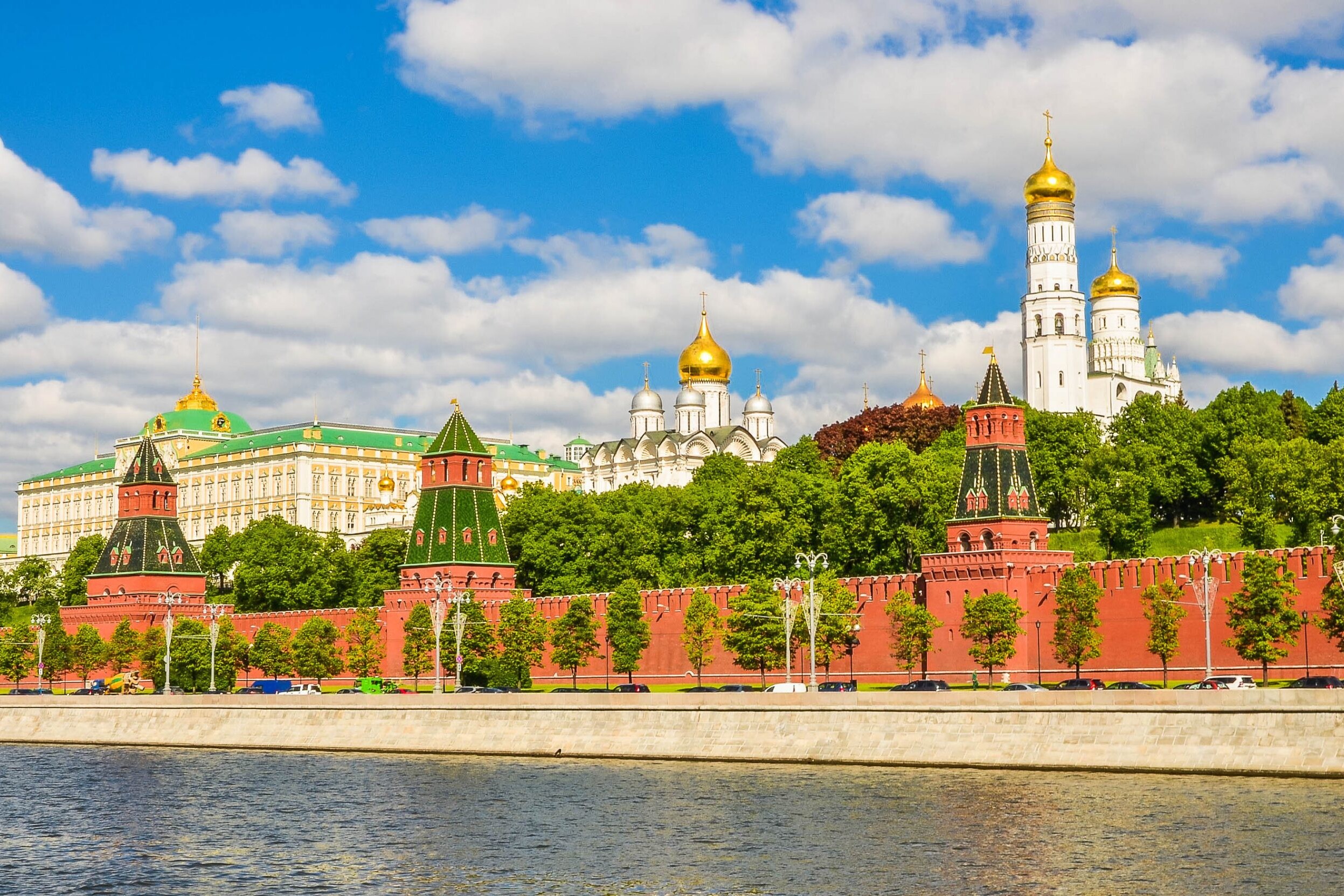Russia to close CBC/Radio-Canada Moscow bureau
19th May 2022
The closure of the public media organisation’s bureau demonstrates further curtailment of independent and free press in Russia.

CBC/Radio-Canada – the only Canadian news organisation with a permanent presence in Russia – has been ordered by the Kremlin to close its bureau. After more than 44 years of reporting from Moscow, CBC/Radio-Canada staff have been told to leave the country. However, Vladimir Proskuryakov, deputy chief of mission of the Russian Embassy to Canada, said they would not be rushed out of the country. He told the CBC News the staff would not be forced to leave in “less than three weeks.”
CBC/Radio-Canada currently has 10 employees working in Moscow, including locally hired staff.
The move is retaliatory and comes two months after the Canadian telecommunications regulator, CRTC, banned Russian state TV stations RT and RT France from broadcasting in Canada.
Read more: Russia closing CBC’s Moscow bureau in retaliation for Canada banning Russian state TV
Mr. Proskuryakov said that Canadian ‘censorship’ was behind the decision. He did not rule out the closure of other international bureaus like that of Deutsche Welle’s Moscow bureau in February.
In an interview, CBC News Editor-in-Chief Brodie Fenlon described the decision as a “sad day” for press freedom and reiterated its independence.
“CBC News and its journalists are completely and entirely independent of any government or agency, so we don’t have anything to do with those [regulatory] decisions. We were there to report what is happening within Russia — factually, accurately”.
The safety and security of journalists and media workers has long been of concern in Russia, – both on- and offline. But the conflict in Ukraine has only furthered the precariousness of the profession.
In March, a bill was passed introducing jail sentences of up to 15 years for spreading information deemed to be against the government’s position on the war in Ukraine. Rules like this only serve to intimidate journalists, encourage self-censorship and limit critical reporting. The law led to a number of news organisations temporarily suspending their reporting from the ground, including CBC and BBC.
The Public Media Alliance stands in solidarity with its member CBC/Radio-Canada. The decision to close the bureau of an independent public broadcaster further demonstrates the ongoing decline of press freedom in Russia.
Related Posts
21st April 2022
Ukraine war: Public media podcasts with unique takes
From an open API to practical info for…




